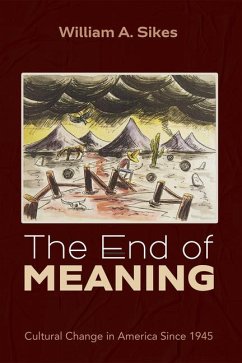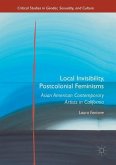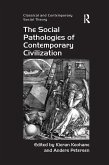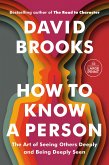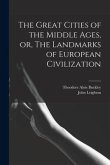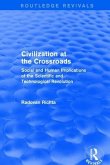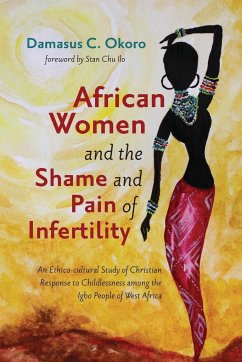Towards the end of the twentieth century books proclaiming the "closing" of America's mind, the "collapse" of her communities, and the "end" of her art, literature, education and more, began appearing with regularity. The underlying theme in all such works is the loss of those experiences that give our lives meaning. In The End of Meaning: Cultural Change in America Since 1945, readers learn to recognize these experiences, realize how prominent they were in the postwar period (c. 1945-65), understand the forces that have brought about their extraordinary decline (in our families and communities, universities and religious institutions, films and popular music, fine arts, labor and more) and realize the implications of this loss for our society and our humanity. In doing so the book provides a way of thinking about a vital subject--one which, despite its enormous importance, has never been examined in a broad and systematic way capable of generating real understanding, discussion and debate.
Hinweis: Dieser Artikel kann nur an eine deutsche Lieferadresse ausgeliefert werden.
Hinweis: Dieser Artikel kann nur an eine deutsche Lieferadresse ausgeliefert werden.

